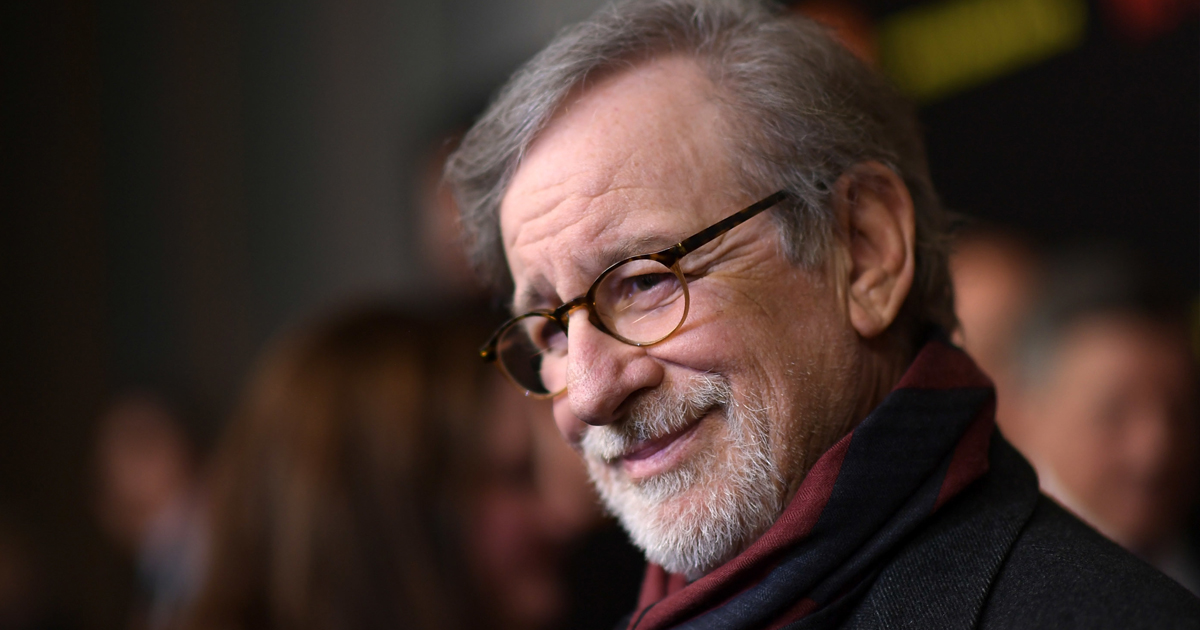
Steven Spielberg is undoubtedly one of the most iconic and influential directors in Hollywood history. Over the course of his nearly 50-year career, Spielberg has directed some of the most beloved and successful films of all time, including blockbusters, dramas, and science fiction epics. His films have earned him numerous accolades, including three Academy Awards for Best Director.
Early Life
Steven Spielberg was born on December 18, 1946, in Cincinnati, Ohio. His parents were Arnold Spielberg, an electrical engineer, and Leah Adler, a concert pianist and restaurateur. The Spielberg family moved around frequently during Steven’s childhood, and he attended several different schools before his family finally settled in California.
Spielberg’s love of cinema began at an early age, and he was fascinated by movies from a young age. He began making short films with his father’s 8mm camera when he was just 12 years old. At the age of 16, Spielberg wrote and directed his first independent film, which was called “Firelight.” He made the film with a budget of just $500, and it was a science fiction movie about a group of aliens who visit Earth.
Career
After graduating from high school, Spielberg went to California State University, Long Beach, where he studied film. During his time there, he made several short films and began to develop his style as a director. One of his most famous early films was a short called “Amblin’,” which caught the attention of executives at Universal Studios.
Spielberg first gained widespread recognition in the 1970s with films like “Jaws” (1975) and “Close Encounters of the Third Kind” (1977). “Jaws,” which tells the story of a small coastal town terrorized by a man-eating shark, was a box office sensation and established Spielberg as a master of suspense and action. “Close Encounters of the Third Kind,” which explores the possibility of extraterrestrial life, was a critical and commercial success and cemented Spielberg’s reputation as a visionary filmmaker.
In the 1980s, Spielberg continued to push boundaries with films like “E.T. the Extra-Terrestrial” (1982) and “Indiana Jones and the Raiders of the Lost Ark” (1981). “E.T.,” a heartwarming story about a young boy and his alien friend, became one of the highest-grossing films of all time and earned Spielberg his second Academy Award nomination for Best Director. The Indiana Jones franchise, which also includes sequels “Indiana Jones and the Temple of Doom” (1984), “Indiana Jones and the Last Crusade” (1989), and “Indiana Jones and the Kingdom of the Crystal Skull” (2008), has become a cultural touchstone and is still beloved by fans around the world.
In the 1990s, Spielberg took a more serious turn with films like “Schindler’s List” (1993) and “Saving Private Ryan” (1998). “Schindler’s List,” which tells the story of a German businessman who saves the lives of more than a thousand Jewish refugees during the Holocaust, was a critical and commercial success and earned Spielberg his first Academy Award for Best Director. “Saving Private Ryan,” a harrowing depiction of the D-Day invasion during World War II, was also a critical and commercial success and earned Spielberg his second Academy Award for Best Director.
In the 2000s and 2010s, Spielberg continued to explore a wide range of genres with films like “Catch Me If You Can” (2002), “Munich” (2005), “The Adventures of Tintin” (2011), and “Lincoln” (2012). “Catch Me If You Can,” a biographical crime film about a young con artist, earned critical acclaim and earned nominations for two Academy Awards. “Munich,” a political thriller about the Israeli government’s response to the 1972 Munich Olympics massacre, was also a critical success and earned Spielberg another Academy Award nomination for Best Director. “Lincoln,” a historical drama about President Abraham Lincoln’s efforts to pass the Thirteenth Amendment, earned critical acclaim and earned Spielberg his third Academy Award nomination for Best Director.
In recent years, Spielberg has continued to direct and produce films, including “Bridge of Spies” (2015), “The BFG” (2016), and “Ready Player One” (2018). He has also been involved in numerous television projects, including producing the award-winning series “Band of Brothers” (2001) and “The Pacific” (2010). He was nominated for an Academy Award for Best Director for “West Side Story” (2021) and is currently nominated for the semi-autobiographical film, “The Fabelmans” (2022).
Overall, Spielberg’s filmography is a testament to his versatility, creativity, and technical prowess as a filmmaker. His ability to tell compelling stories across a wide range of genres has made him one of the most beloved and influential directors of all time.

